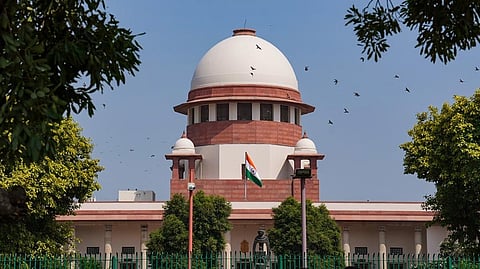Key Issues Before the Supreme Court
The Supreme Court is expected to address the following concerns:
1. Whether the High Court erred in categorizing the HoD post as non-administrative.
2. Whether Regulation 3.10 takes precedence over the newly adopted KIMS by-laws.
3. Whether the retrospective application of the by-laws affecting the petitioners’ tenure is valid.
Petitioners’ Contentions
The petitioners have argued that the HoD role encompasses significant administrative responsibilities, including managing recruitment, curriculum planning, supervising admissions, procuring resources, and addressing grievances. They assert that these duties extend beyond teaching and establish the HoD as an administrative position. It further criticizes the High Court’s interpretation, stating that it undermines the hierarchical structure essential for efficient department management.
The petition also highlights that a rotation policy was initially included in the draft NMC regulations but was later dropped following negative feedback from stakeholders. The retrospective application of the KIMS by-laws, which led to the petitioners’ removal, has been described as arbitrary and legally unsustainable.
(Input from various sources)
(Rehash/Ankur Deka/MSM)


